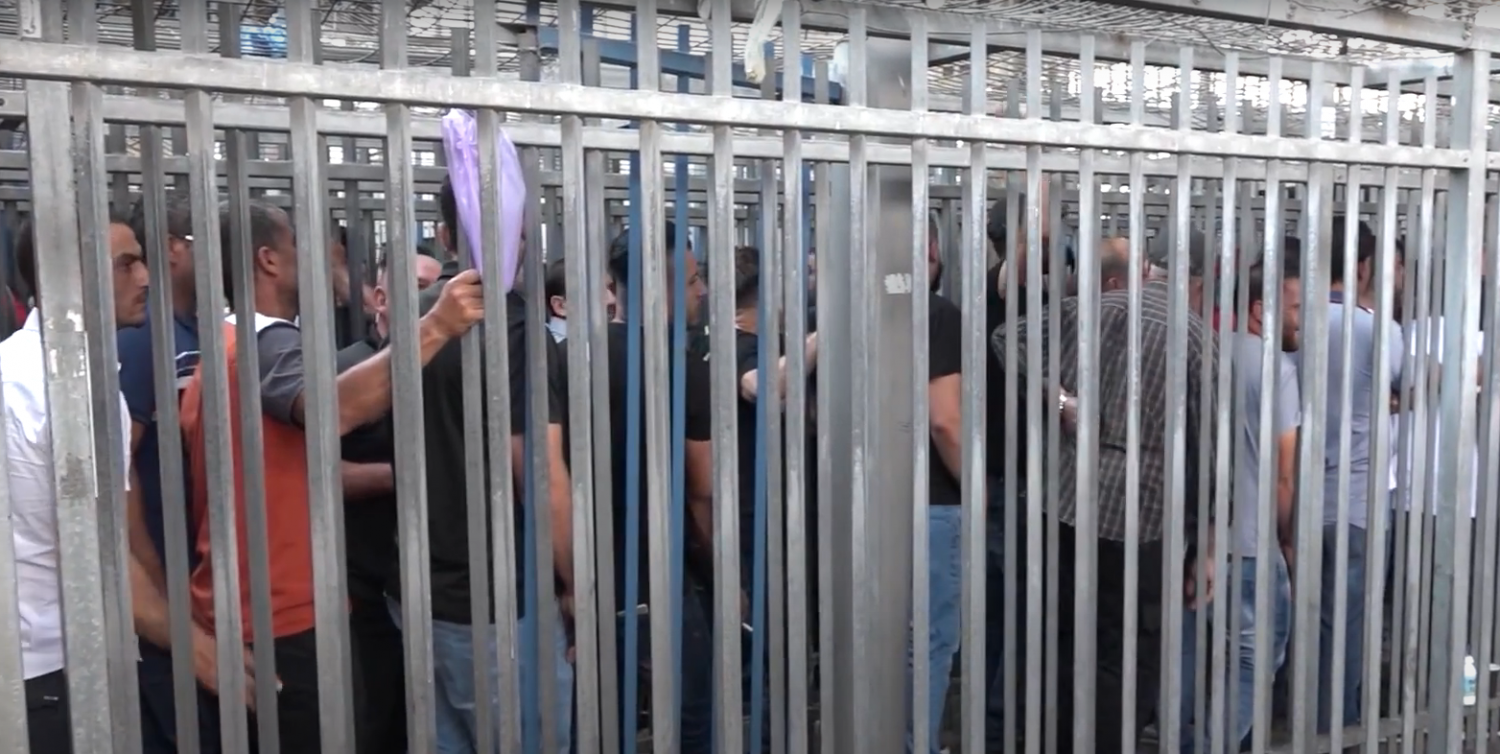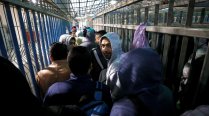An appeal process is available, but the regulations governing it are not widely known, clear, or consistent. Moreover, the authorities frequently capriciously change these regulations, such as they are, without any public notice. For the few who can master the regulations, meet the qualifications, and afford the relatively high costs of an appeal, their cases can be heard in court. According to Mahsom Watch, of these few cases that do reach judicial scrutiny, 70 percent are withdrawn by the Shabak before the court actually considers them, ostensibly because the Shabak does not want to reveal the basis for blacklisting. The few appeals that ever go before an actual judge rely on secret evidence. For these, the blacklisting is almost invariably upheld.27 It’s no wonder that many Palestinians with Palestinian Authority IDs have simply given up even aspiring to visit Jerusalem (see Helga Tawil-Souri: “A Confining and Asphyxiating Experience”).
Palestinian Jerusalemites—people who identify as belonging to the city—holding Israeli permanent-resident IDs are subject to Israeli civil law, not the military law prevailing in the occupied West Bank. Therefore, they cannot be banned in this particular way. However, they can be and frequently are stripped of their residency and deported from the city (see Precarious, Not Permanent: The Status Held by Palestinian Jerusalemites).
Palestinian Jerusalemites include those who hold Palestinian Authority IDs, Israeli permanent-resident IDs, no IDs, and others (see Who Are the Palestinians of Jerusalem?). The arbitrary Israeli-declared municipal boundary cut through Palestinian villages that had long considered themselves part of the larger Jerusalem area; the Separation Wall excluded neighborhoods that are technically within the municipal boundaries and consider themselves part of the city.28 In all these areas live Palestinians holding both types of ID. So ultimately, the feeling that their relationship with the city is precarious, outside their control, and at the mercy of Israel is shared by all.






